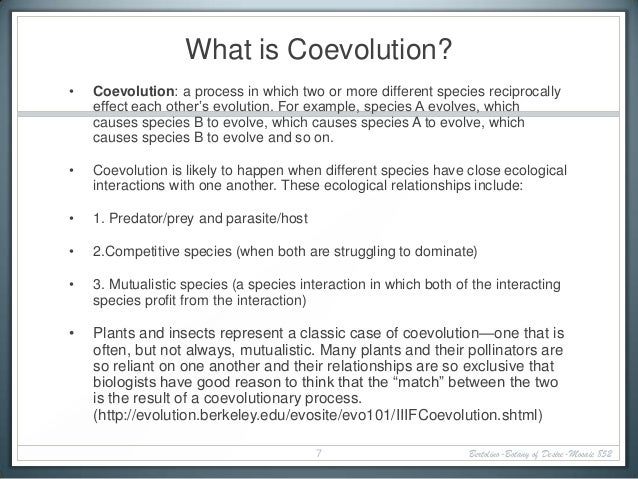

It is a journey that will change the way we think about our place in nature. All Editions of The Botany of Desire: A Plants-Eye View of the World.

We have new and used copies available, in 7 editions - starting at 1.22. Weaving fascinating anecdote and accessible science, Pollan takes the reader on an absorbing journey through the landscape of botany and desire. Buy The Botany of Desire: A Plants-Eye View of the World by Michael Pollan online at Alibris. All four plants are integral to our everyday lives and Pollan demonstrates how each has thrived by satisfying one of humankind's most basic desires. Or are they? What if those potatoes and tulips have evolved to gratify certain human desires so that humans will help them multiply? What if, in other words, these plants are using us just as we use them? In blending history, memoir and superb science writing, Pollan tells the story of four domesticated species - the apple, the tulip, marijuana and the potato.

Two simple examples of how humans act on nature to get what we want. A gardener plants tulip bulbs in the autumn and in the spring has a riotous patch of colour to admire. Amazon.in - Buy The Botany of Desire: A Plants-Eye View of the World book online at best prices in India on Amazon.in. And just as we’ve benefited from these plants, we have also done well by them.A farmer cultivates genetically modified potatoes so that a customer at McDonald's half a world away can enjoy a long, golden french fry. In telling the stories of four familiar species, Pollan illustrates how the plants have evolved to satisfy humankind’s most basic yearnings. He masterfully links four fundamental human desires-sweetness, beauty, intoxication, and control-with the plants that satisfy them: the apple, the tulip, marijuana, and the potato. In The Botany of Desire, Michael Pollan ingeniously demonstrates how people and domesticated plants have formed a similarly reciprocal relationship. The book that helped make Michael Pollan, the New York Times bestselling author of How to Change Your Mind, Cooked and The Omnivore’s Dilemma, one of the most trusted food experts in AmericaĮvery schoolchild learns about the mutually beneficial dance of honeybees and flowers: The bee collects nectar and pollen to make honey and, in the process, spreads the flowers’ genes far and wide.

“A wry, informed pastoral.” -The New Yorker “Pollan shines a light on our own nature as well as on our implication in the natural world.” -The New York Times


 0 kommentar(er)
0 kommentar(er)
